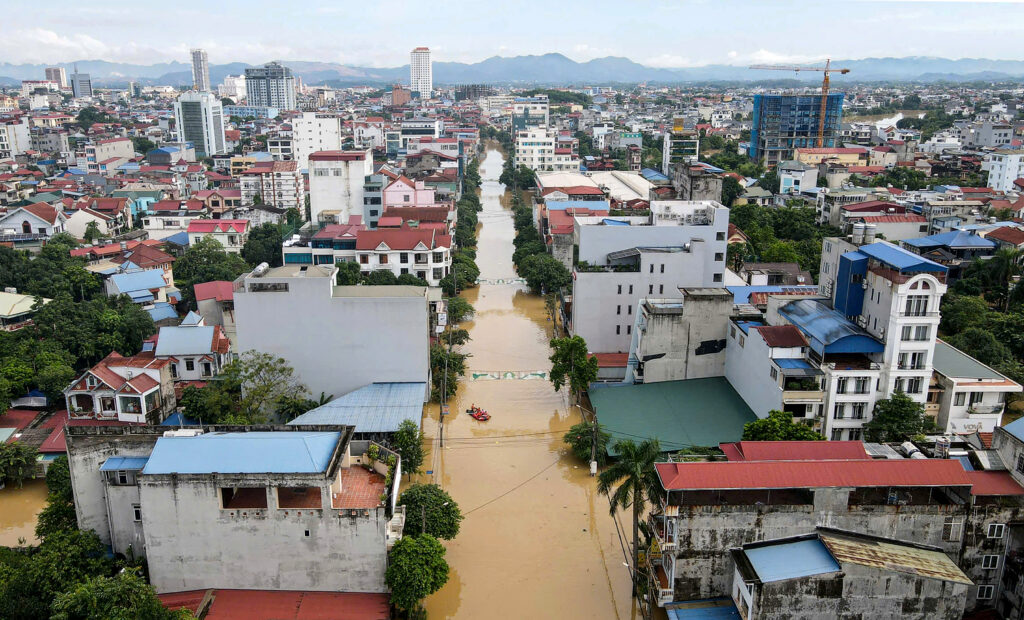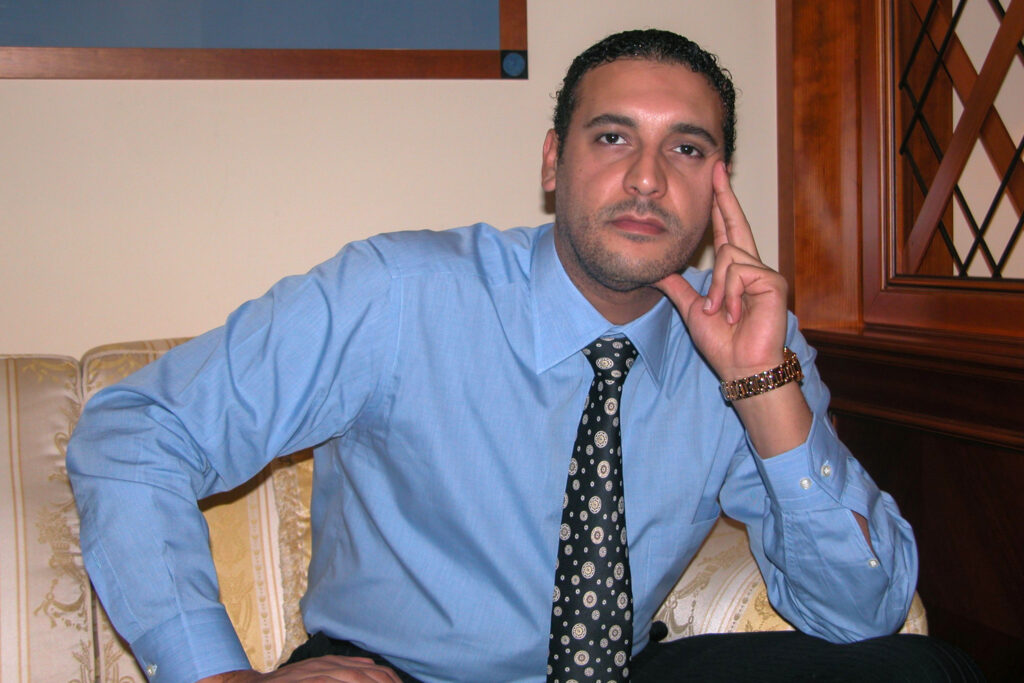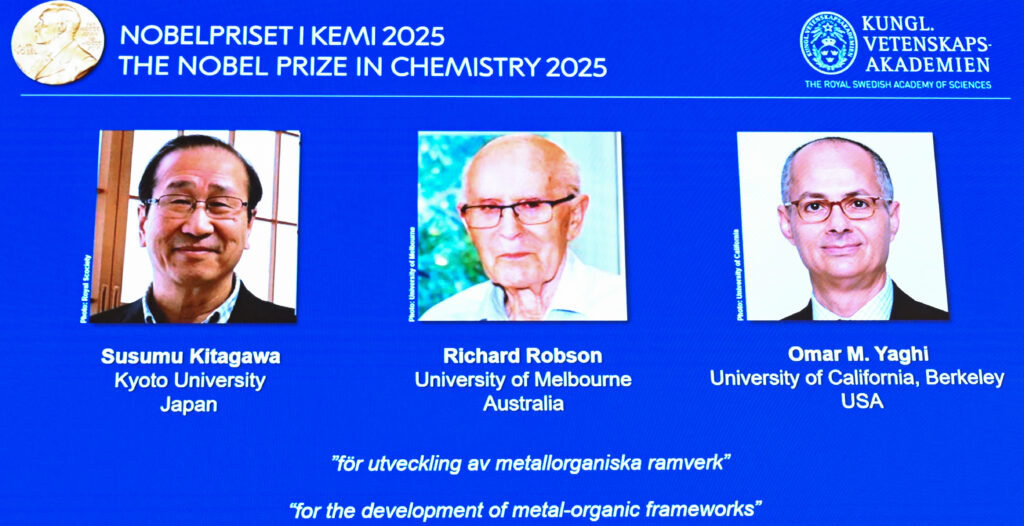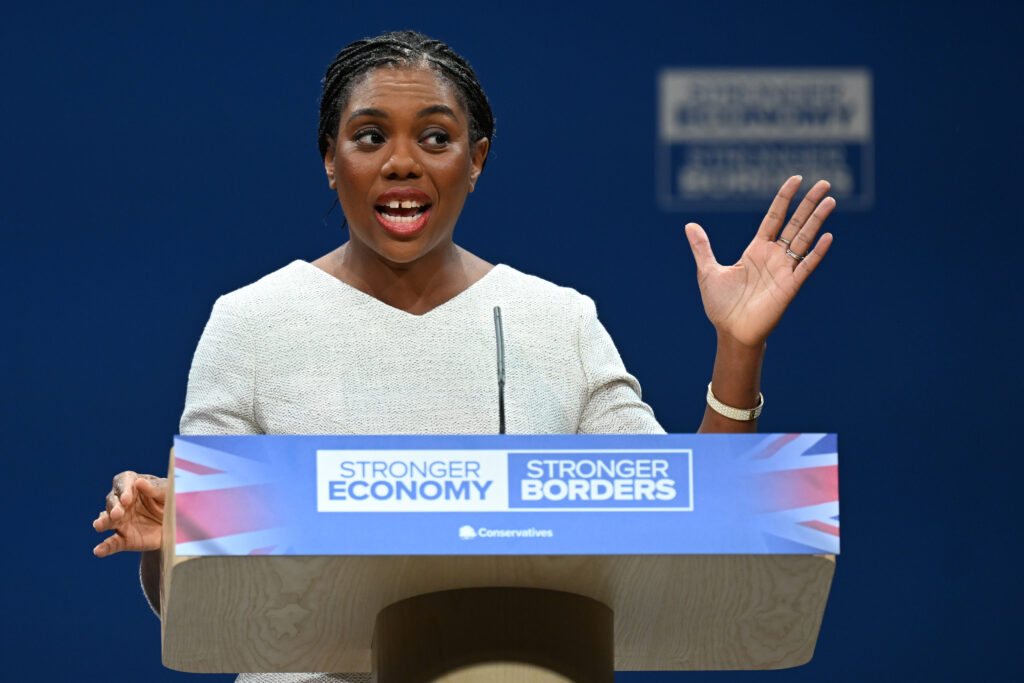Moscou dit déplorer la fin de l”impulsion” née de la rencontre avec Trump
La Russie a estimé mercredi que la dynamique créée selon elle par la rencontre en août entre Vladimir Poutine et Donald Trump en Alaska sur la guerre en Ukraine s’était “largement épuisée”, accusant les Européens d’en être responsables.Tandis que les négociations, dans lesquelles la Russie exige que l’Ukraine lui cède des territoires, sont au point mort, les combats et les bombardements se poursuivent. Au moins huit civils ont été tués dans des frappes en Russie et en Ukraine, ont annoncé mercredi les autorités des deux pays.Face à cette impasse diplomatique, le vice-ministre russe des Affaires étrangères, Sergueï Riabkov, a regretté que le rapprochement entamé entre Moscou et Washington n’ait pas porté ses fruits. “Malheureusement, il faut constater que l’impulsion puissante d’Anchorage (lieu de la rencontre Trump-Poutine en août, ndlr) (…) s’est largement épuisée”, a déclaré M. Riabkov, cité par l’agence de presse RIA Novosti.Pour lui, les “actions destructrices, en premier lieu des Européens”, ont empêché les pourparlers d’avancer pour trouver une “entente” sur le règlement du conflit en Ukraine, qui a fait, depuis février 2022, au moins des dizaines de milliers de morts de chaque côté.M. Riabkov a également affirmé que les relations russo-américaines étaient “fissurées” et “s’effondraient” comme un bâtiment endommagé. “Et c’est la faute des Américains”, a-t-il ajouté. – Missiles américains -Pour sa part, la présidente de la Commission européenne, Ursula von der Leyen, a appelé mercredi l’Europe à “répondre” à la “guerre hybride” livrée par la Russie, notamment en la “dissuadant” d’agir ainsi.Elle a évoqué les récents survols de drones au-dessus de sites stratégiques en Belgique, en Pologne, en Roumanie, au Danemark et en Allemagne mais aussi le sectionnement de câbles sous-marins ou encore des campagnes d’influence malveillante à l’occasion d’élections.Le président américain Donald Trump a tenté, après son retour au pouvoir en janvier, de se rapprocher de Moscou pour trouver une issue à la guerre en Ukraine, en particulier en recevant en grande pompe Vladimir Poutine en Alaska, le 15 août.Mais cela n’a pas débouché sur une avancée dans les négociations entre les deux belligérants, la Russie demandant, entre autres, le rattachement à son territoire de cinq régions ukrainiennes. L’Ukraine, déjà amputée de facto de la péninsule de Crimée annexée en 2014, rejette catégoriquement ce qui s’apparenterait à une capitulation.Ces dernières semaines, Donald Trump a exprimé une frustration croissante à l’égard de la Russie, la comparant à un “tigre de papier”, en raison de sa situation économique critique.Dans ce contexte, des responsables américains ont récemment envisagé de vendre des missiles de croisière de longue portée Tomahawk aux Européens pour les livrer à l’Ukraine.Jeudi dernier, Vladimir Poutine a averti que l’envoi à Kiev de ces armements provoquerait “une nouvelle escalade” entre Moscou et Washington car “utiliser des Tomahawk est impossible sans la participation directe de militaires américains”.- Infrastructures énergétiques -La Russie, depuis le déclenchement de son offensive à grande échelle contre l’Ukraine, bombarde massivement cette dernière qui riposte par des attaques de missiles et de drones de moindre envergure.Dans la région frontalière russe de Belgorod, une “frappe de missile” ukrainien sur un village a fait mercredi trois morts et neuf blessés, a annoncé le gouverneur local, tandis que dans la ville de Kherson, dans le sud de l’Ukraine, deux civils ont péri dans un bombardement russe, selon les autorités ukrainiennes.Dans la partie de la région de Kherson sous occupation russe, le responsable local nommé par Moscou, Vladimir Saldo, a par ailleurs affirmé mercredi que trois personnes avaient été tuées dans une frappe ukrainienne sur Zalizny Port, une cité sur les rives de la mer Noire.Dans la nuit de mardi à mercredi, les Russes ont attaqué l’Ukraine avec 183 drones, dont 154 ont été abattus, a assuré l’armée de l’air ukrainienne, .Sur la plateforme X, le principal opérateur énergétique ukrainien, DTEK, a déclaré que la Russie avait pris pour cible une centrale thermique, sans préciser sa localisation, blessant deux employés et causant de “sérieux dégâts”. Depuis 2022, les forces russes pilonnent les installations énergétiques ukrainiennes, surtout électriques, suscitant à plusieurs reprises de grandes coupures de courant et de chauffage.Pour sa part, l’armée russe a annoncé mercredi avoir neutralisé 53 drones ukrainiens qui survolaient la Russie. Ces dernières semaines, Kiev a procédé à des frappes sur des raffineries russes, causant une hausse du prix de l’essence.







